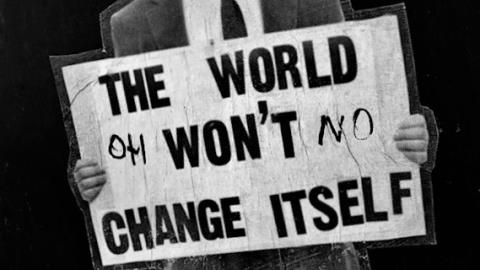In response to the European Commission’s invitation for comments on the Renewed Sustainable Finance Strategy, the Association for Financial Markets in Europe (AFME) emphasized that the foundation of future policies should prioritize the transition within the real economy, particularly in non-financial sectors. Banks are encouraged to assist these sectors in assessing their current practices, identifying challenges, and enhancing their effectiveness.
AFME concurs with the European Commission’s assertion that the COVID-19 pandemic has underscored the necessity of bolstering economic sustainability and resilience through heightened investment. However, the Paris Agreement falls short in providing a clear roadmap or specific milestones for achieving net zero carbon emissions by 2050. A comprehensive EU-wide transition plan, complete with milestones, is essential “to strike the appropriate balance between transition ambitions and the economy’s capacity to adapt.” According to AFME, penalizing financial institutions that are committed to transitioning yet still invest in high carbon-emitting sectors is misguided.
While AFME fully supports enhanced reporting and disclosure frameworks for carbon-intensive sectors, it contends that establishing a detailed “brown” taxonomy may be premature. Such an approach could inadvertently deter investments in these sectors, ultimately hindering necessary transitions.
AFME advocates for equipping banks with essential tools, such as standardized ESG data collection, harmonized reporting standards, and consistent methodologies employed by ESG ratings agencies, to facilitate this transition. Moreover, collaboration between private and public sectors could foster the development of incentive mechanisms for both borrowers and investors, promoting a shift toward sustainable finance.
In an interview with FinextraTV, Tonia Plakhotniuk, AFME’s Associate Director of Policy, underscored the pivotal role banks and capital markets play in advancing the transition to a low-carbon economy. She noted that the EU’s action plan on financing sustainable growth, initiated in 2018, along with the December 2019 European Green Deal, identifies the necessity for substantial investments from both public and private spheres to achieve the 2050 decarbonization targets, aligning with the Paris Agreement.
Discussing the importance of providing financial institutions with appropriate tools and incentives, Plakhotniuk remarked that banks serve as the crucial channels for directing finance towards sustainability. She stressed the importance of a comprehensive approach that fosters collaboration among all stakeholders in both public and private sectors to craft a strategy benefiting everyone involved.
Despite these advancements, clarity remains an ongoing challenge. Government entities and organizations like the European Commission must provide clearer objectives and resource allocations. Rick Watson, AFME’s Managing Director, emphasized that while banks play an integral role in this transition, they are just one part of the larger puzzle. Non-financial sector companies and issuers also need to align their incentives with the Commission’s broader green initiatives.
Watson further articulated that creating economic incentives for issuers to produce financial instruments attractive to buyers at appropriate pricing is crucial. This would enable banks, as lenders or facilitators, to motivate the rapid development of this mechanism.
